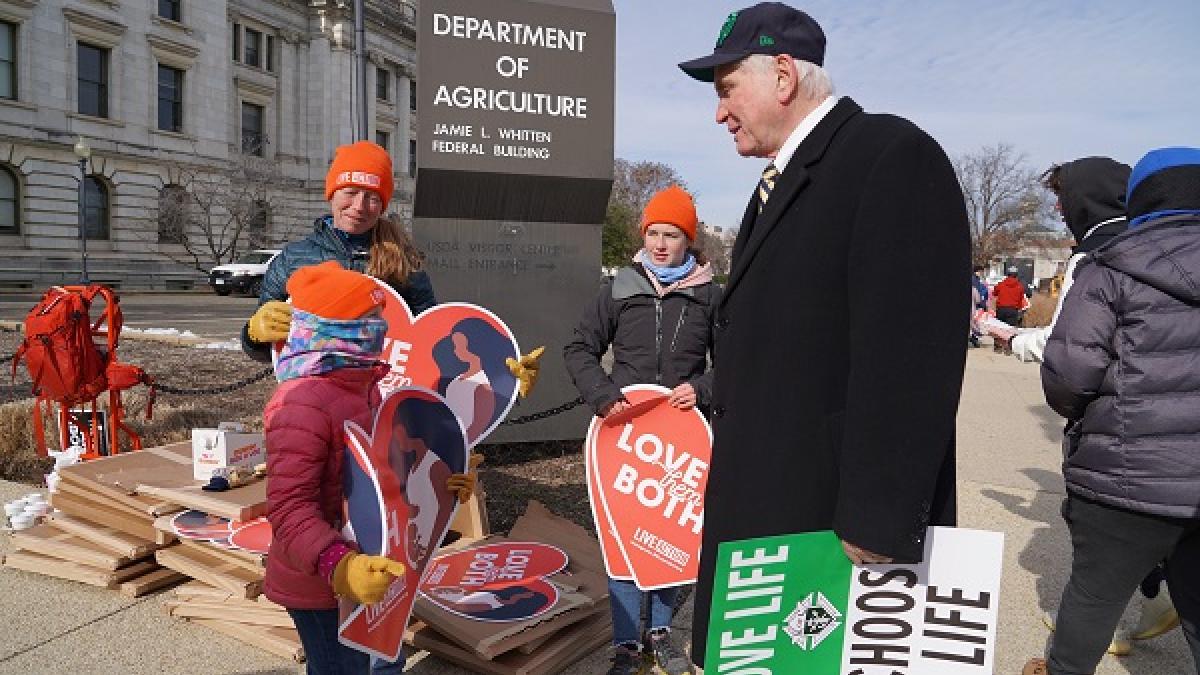Kelly backs legislation to block Biden administration's rule targeting pregnancy resource centers

WASHINGTON, D.C. -- Today, U.S. Rep. Mike Kelly (R-PA) and the Ways & Means Committee advanced the Supporting Pregnant and Parenting Women and Families Act, critical legislation that would block a proposed Biden Administration rule that could prohibit states from giving Temporary Assistance for Needy Families (TANF) funds to pregnancy centers, which support the life of both the mother and unborn child.
The Supporting Pregnant and Parenting Women and Families Act was introduced by Kelly's Ways & Means colleagues Reps. Michelle Fischbach (R-MN) and Claudia Tenney (R-NY), along with Bipartisan Pro-Life Caucus Co-Chair Rep. Chris Smith (R-NJ).
"Despite the progress that has been made to protect the unborn, the Biden administration continues to unfairly target these life-saving pregnancy resource centers," Rep. Kelly said. "This legislation ensures mothers and their child will continue to receive help in their most critical moments. Congress has an obligation to stand up for pregnant women and preserve their access to maternal care."
Thursday's markup of the bill comes one week ahead of the March For Life, the annual rally in Washington, D.C. that draws hundreds of thousands of pro-life activists each year.
You can read the full bill here.
You can watch part of Rep. Kelly's speech during Thursday's Ways & Means Committee's markup here.
BACKGROUND
The Supporting Pregnant and Parenting Women and Families Act would block a proposed Biden Administration rule that could prohibit states from giving Temporary Assistance for Needy Families (TANF) funds to pregnancy centers which support the life of both the mother and unborn child. 2,700 such centers across the country provide vital services to expectant mothers like diapers, food, prenatal care, and parenting classes. If the rule were to take effect, pregnant women would lose access to maternal services critical to both the health of the mother and unborn child.
The bipartisan law that established TANF set out state flexibility as one of its primary goals. To that end, the law explicitly prohibits any Administration from creating restrictions on the use of TANF funds so long as they fulfill one of the program’s four goals. By setting specific prohibitions for where states can send TANF funds, this rule is openly violating the letter of the law and ignoring the intent of Congress. The responsibility to change and improve TANF lies with Congress, not unelected federal bureaucrats.